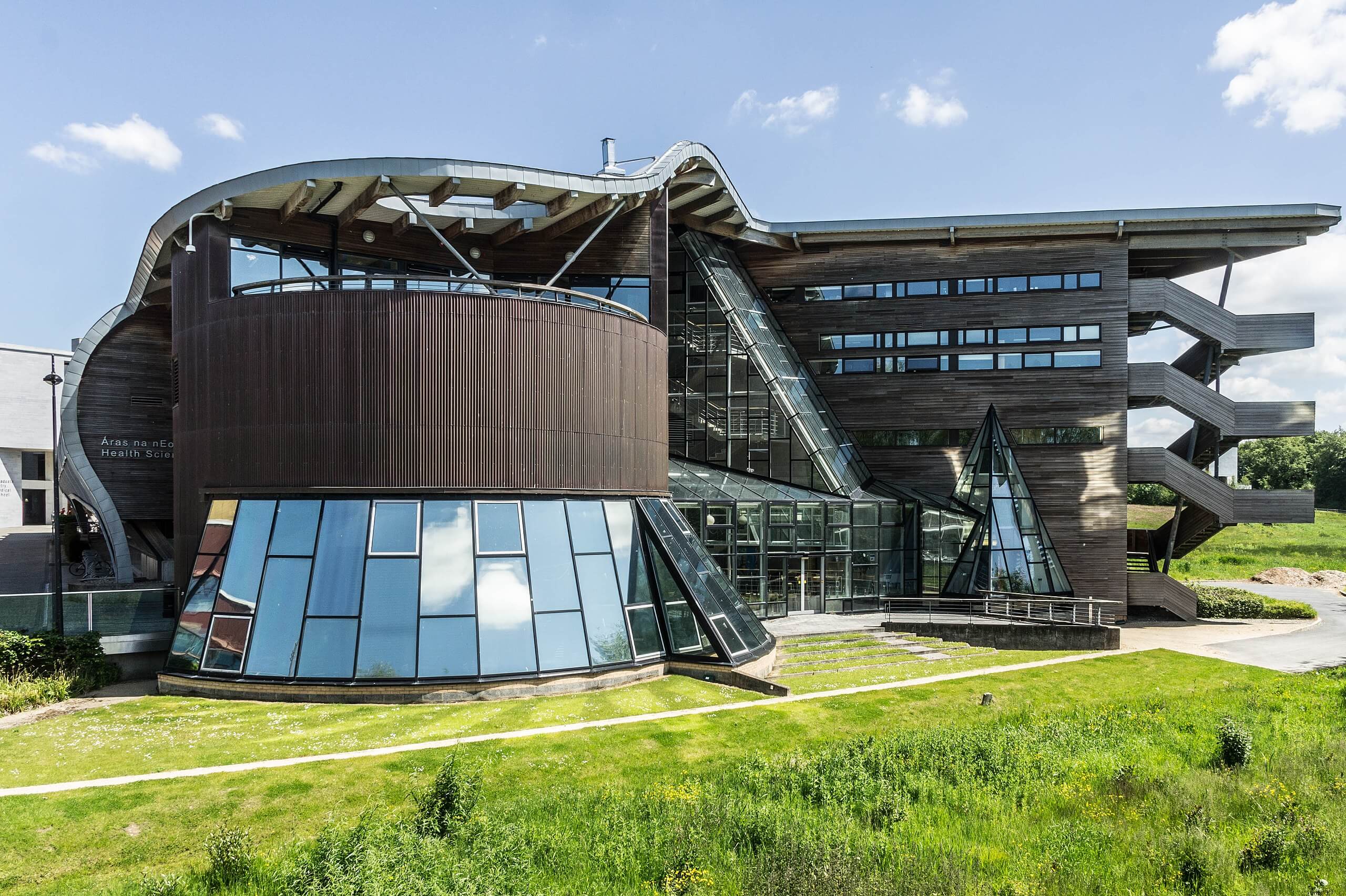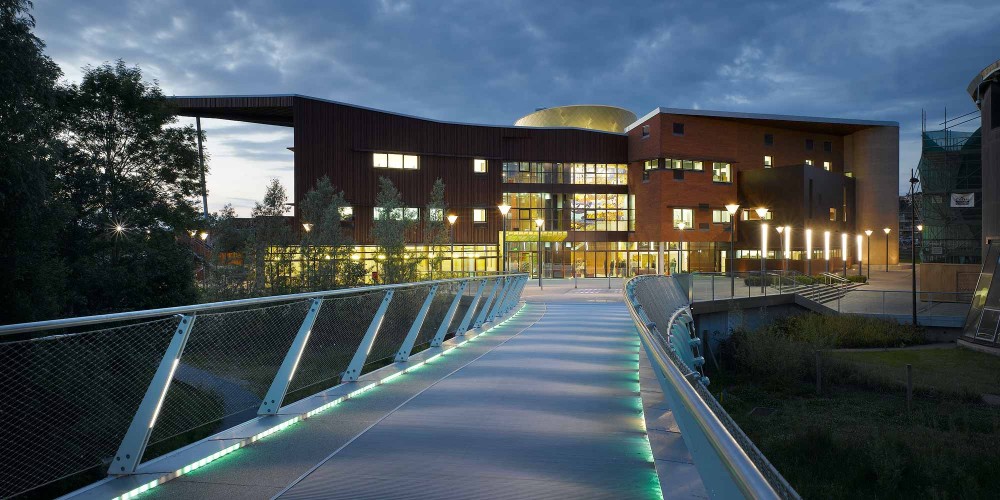📚About the Program
Bachelor’s in Physics (Common Entry) at University of Limerick
Physics is the study of matter and energy and their interaction: so it is the study of everything in the physical world. In order to learn about nature it is necessary to understand the language that she speaks in. This language is mathematics. A physicist uses the tools of experiment and mathematics to uncover the relationships found in nature as Physics. Physicists get to ask the big questions and their work enables them to form answers. Physics describes the Universe from the very largest size (of the Universe itself) to the very small sizes of atoms and even subatomic particles. By asking and answering these big questions rather than simply observing nature, physicists can use the knowledge gained to control natural phenomena in the form of technology. Albert Einstein’s development of General Relativity in the early 20th century was initially used to describe gravity around large celestial bodies such as the Sun, galaxies or even black holes. Einstein’s theory has found modern-day application in the Global Positioning System (GPS) that many of us regularly use to navigate our journeys. Without Einstein’s theory, and the physicists who understood it, GPS would simply not have worked. Quantum Mechanics was developed by physicists to describe the smallest of objects; atoms and subatomic particles. Physicists then identifed how to control the flow of electrons in matter. This work has led directly to the development of modern digital computers. When you use your computer/mobile device you are using the technologies initially developed by physicists. The examples described above involved developing a theory in Physics from conception through to a technological application. Physicists are part of this process at every step from theory to application. This flexibility for physicists in the workplace is one of the strengths of a Physics degree. A Physics degree imparts knowledge of the physical world, along with strong mathematical and problem-solving skills. Physicists also have a broad knowledge of subjects that other disciplines would find dificult to match including Quantum Mechanics, Optics, Thermal Physics, Electromagnetism, Semiconductors, Solid State Physics, and Nanotechnology. The detailed knowledge of these areas ensures that good physics graduates will always be in demand by industry. Physicists can also undertake research in either industry or academia. Faculty in the Department of Physics are actively involved in research in areas such as: Flow batteries for large scale energy storage, Using light to transmit information rather than electrons in wires (Nanoplasmonics), Computational modelling of assemblies comprising millions of atoms to determine properties of various materials, Using electron microscopy to determine the structure of nanoscale materials and to investigate novel 2-D materials like graphene, Microelectromechanical structures and devices for biomedical applications.
Show less 

